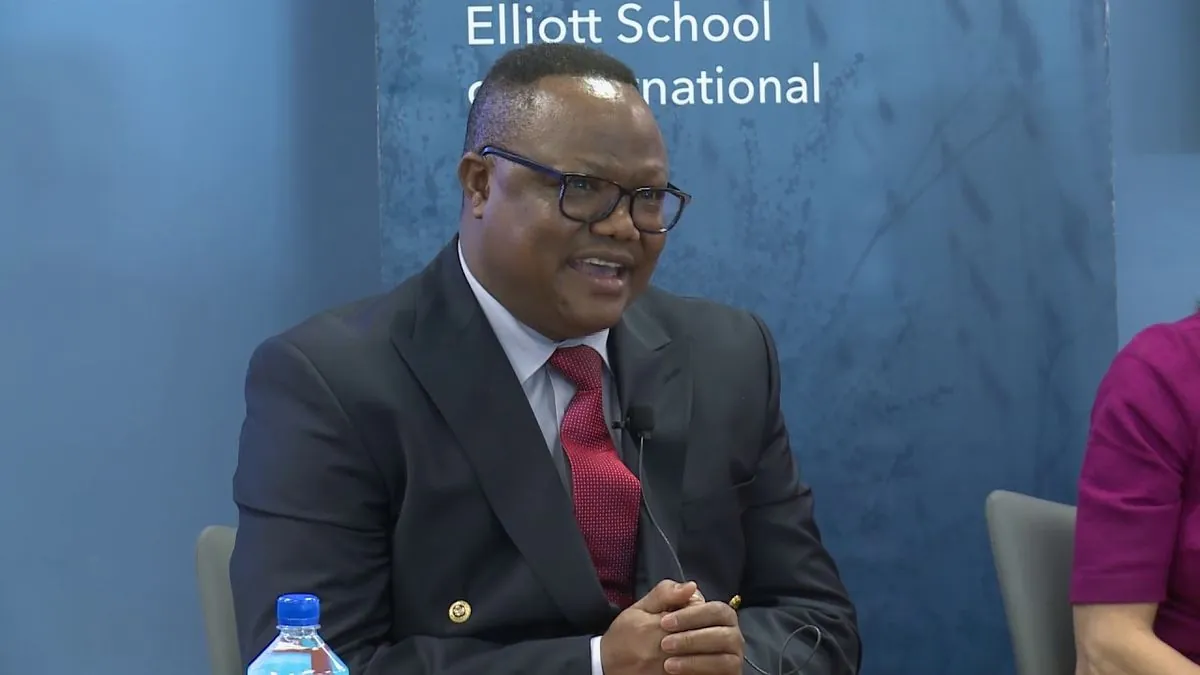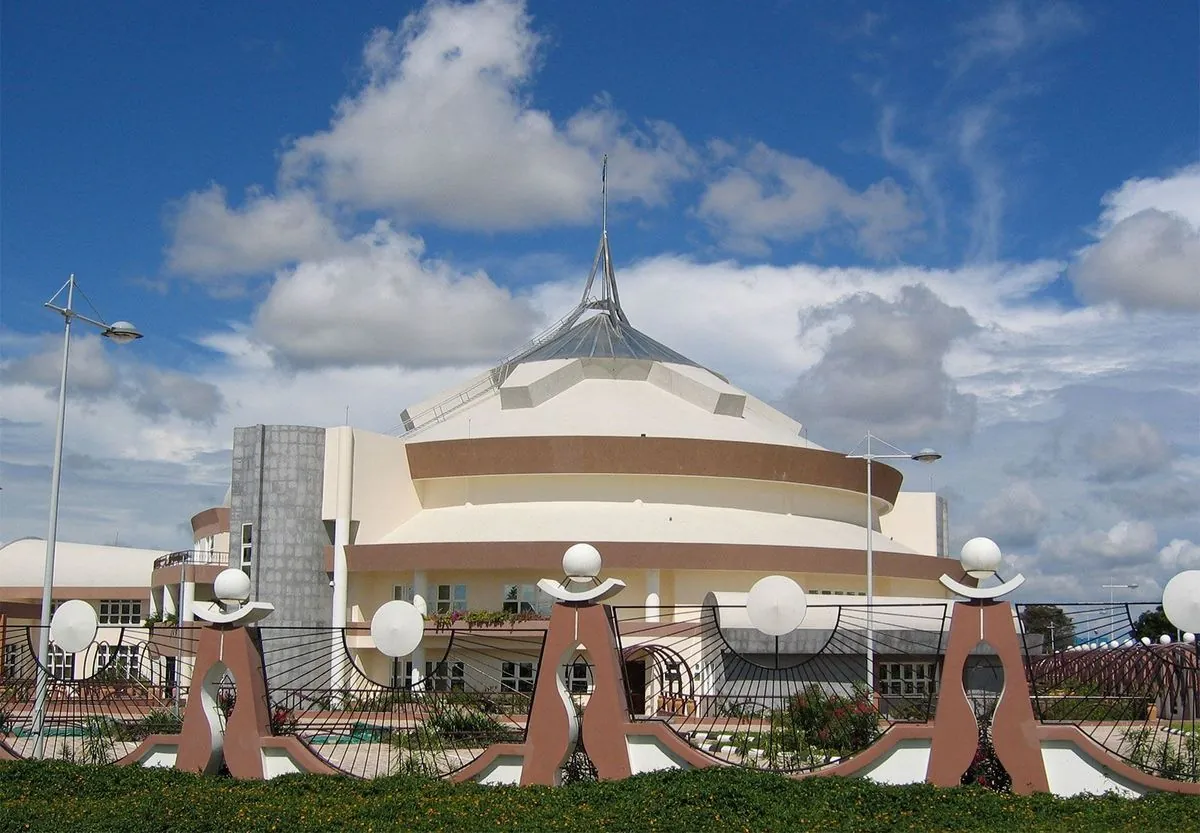Tanzania's Opposition to Sue Tigo Over Alleged Data Sharing with Government
Tanzania's main opposition party plans legal action against Tigo and the government over alleged location tracking of a politician before a 2017 assassination attempt. Recent arrests highlight ongoing political tensions.

In a significant development in Tanzania's political landscape, the country's primary opposition party has announced its intention to pursue legal action against telecommunications company Tigo and the Tanzanian government. This decision comes in response to allegations that Tigo assisted the government in tracking the location of an opposition figure who later survived an assassination attempt.
Tundu Lissu, a prominent opposition lawmaker, stated at a press conference in Dar es Salaam, "I have informed (lawyer) Bob Amsterdam today to start a case against Tigo and the government of Tanzania." Lissu expressed his lack of confidence in local courts to handle the case impartially, emphasizing the need for transparency regarding the alleged communication between Tigo and government officials.
The allegations stem from a testimony given by a former employee of Millicom, Tigo's parent company, in a British court on September 18, 2024. The ex-worker claimed that Tigo had shared Lissu's mobile phone data with the government, revealing his location in the weeks leading up to an attack on September 7, 2017. This incident, which occurred seven years ago, saw Lissu's car sprayed with bullets by unidentified assailants.
Millicom, in its court filings, acknowledged learning of concerns about a local politician's mobile phone data being shared with a government agency in late August or early September 2017. The company stated that it had taken disciplinary action against the individuals involved and provided additional training to its subsidiaries on handling data requests.

Tanzania, a country with a rich history and diverse landscape, has faced political challenges since gaining independence from British rule in 1961. With over 120 ethnic groups and a population of approximately 63 million as of 2024, the nation has strived to maintain stability while navigating complex political waters.
The country's political climate has been tense in recent years. On September 23, 2024, Lissu was among several opposition leaders briefly detained by police before a planned protest march. These arrests highlight the ongoing struggles faced by government critics, despite pledges from President Samia Suluhu Hassan to lift restrictions imposed by her predecessor, John Magufuli.
Tanzania's upcoming local elections in December 2024 have intensified political activities and scrutiny. The country, known for its natural wonders like Mount Kilimanjaro and the Serengeti National Park, has been working to balance its economic development with political stability. With 30% of its land area set aside for conservation and a economy heavily reliant on agriculture and mineral resources, Tanzania faces the challenge of progress while addressing political tensions.
As the legal proceedings unfold, they will likely draw attention to broader issues of data privacy, political freedom, and the role of telecommunications companies in government affairs. This case could have significant implications for Tanzania's democratic processes and international relations, particularly as the country continues to play a crucial role in the East African Community and maintains its position as a relatively stable democracy in the region.
"We will force Tigo to tell us who they were communicating with. Who from the government asked them to track me 24 hours. They have to tell us names."
The outcome of this legal action may have far-reaching consequences for Tanzania's political landscape and could potentially influence the country's approach to data privacy and political opposition in the future.


































